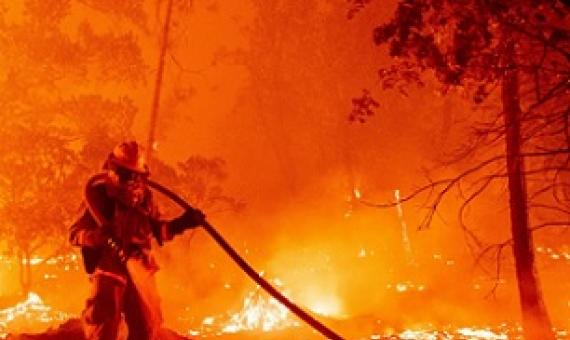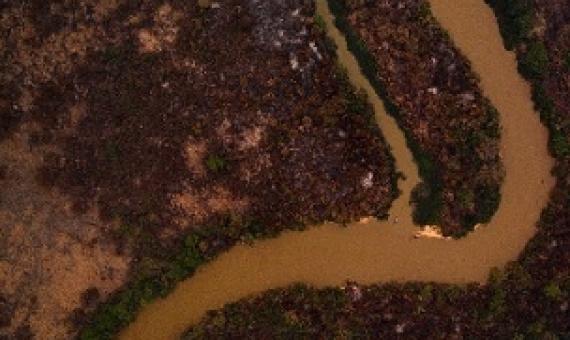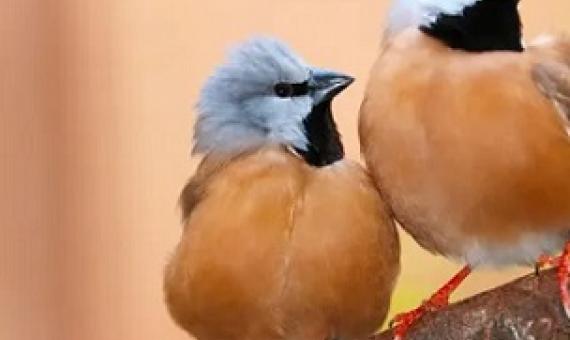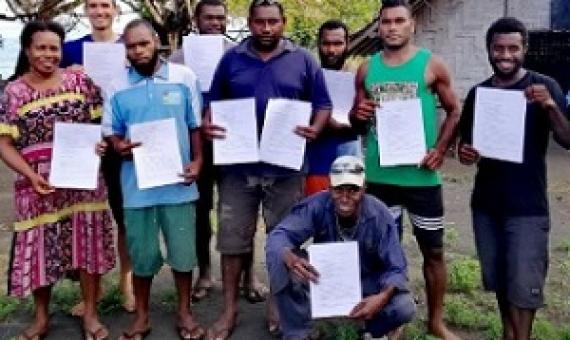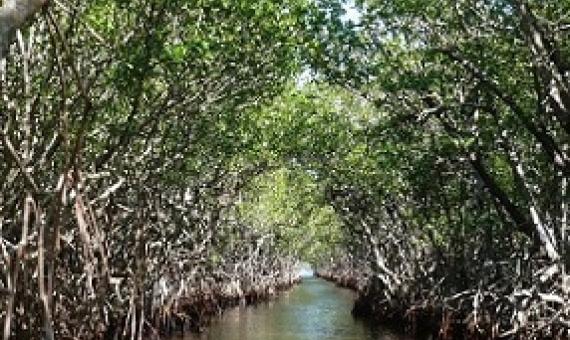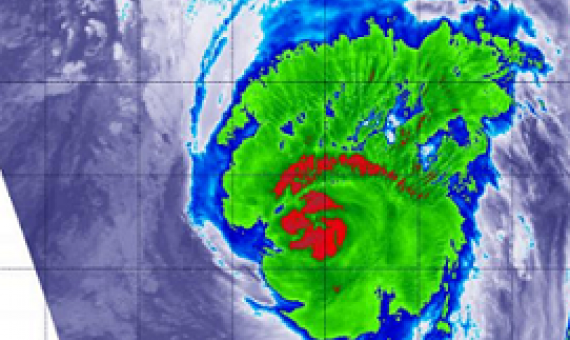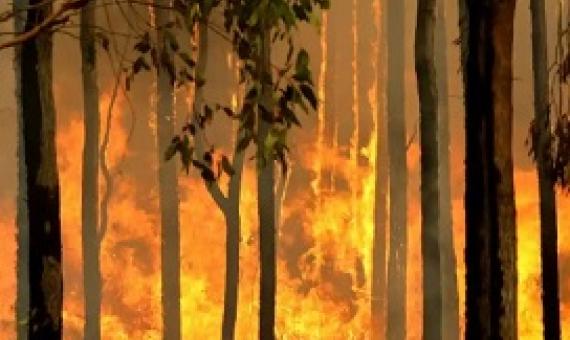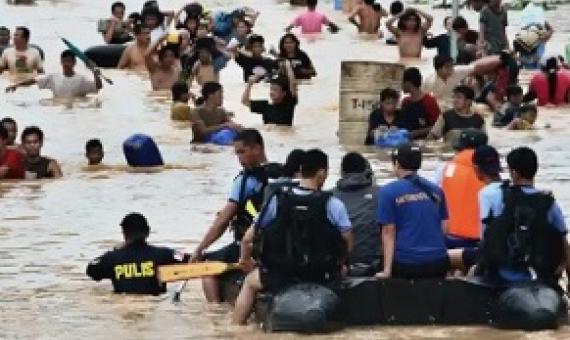Humanity is facing a new war, unprecedented in history, the secretary general of the UN has warned, which is in danger of destroying our future before we have fully understood the risk.
The smell of burnt vegetation and the red glow of flames welcome visitors these days to the Pantanal, the world's biggest tropical wetlands—a biodiverse paradise that is now partly reduced to ashes by record wildfires...The Pantanal sits at the southern edge of the Amazon rainforest, stretching f
The Consequences of COVID‑19 and Other Disasters for Wildlife and Biodiversity
We review the economic channels by which the COVID-19 pandemic and subsequent policy responses may affect wildlife and biodiversity. The pandemic is put in the context of more than 5,000 disease outbreaks, natural disasters, recessions and armed conflicts in a sample of 21 high biodiversity countries. The most salient feature of the pandemic is its creation of multiple income shocks to rural and coastal households in biodiverse countries, correlated across sectors of activities and spatially. Various research and policy opportunities and challenges are explored.
Australia has not updated a register of habitat critical for the protection of threatened species for 15 years, prompting experts to call for it to be strengthened to protect more types of land.
History was made yesterday on the remote West Coast of Santo, as the Santo Sunset Environment Network (SSEN) ratified its new Constitution...The only CBO based on the West Coast, the Network was formed in 2017 with a goal to ensure the protection and conservation of ecosystems and biodiversi
The Protective Value of Nature
The Protective Value of Nature summarizes the latest science on the effectiveness of natural infrastructure in lowering the risks to communities from weather- and climate-related hazards—benefits that we often describe as “natural defenses.” Over the past two decades, the body of research evaluating and quantifying the protective performance of natural infrastructure has increased significantly.
A new report documents how natural ecosystems can safeguard communities from supercharged hurricanes and other natural disasters...published on June 5th by the National Wildlife Federation, that documents the oft-overlooked capacity of natural ecosystems to protect communities from hurricanes and
The COVID-19 pandemic is a complex global crisis without contemporary precedent. In just about every country around the world, the pandemic response is taking up the bulk of resources, expertise, time and effort.
A group of senior Australian scientists have warned in an international journal that logging native forests makes fire more severe and is likely to have exacerbated the country’s catastrophic summer bushfires.
New research finds 147 million will be hit by floods by the end of the decade – ‘the numbers will be catastrophic’...The number of people harmed by floods will double worldwide by 2030, according to a new analysis.

